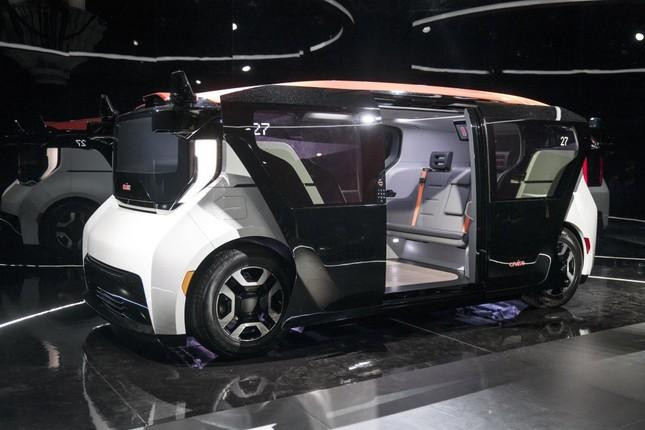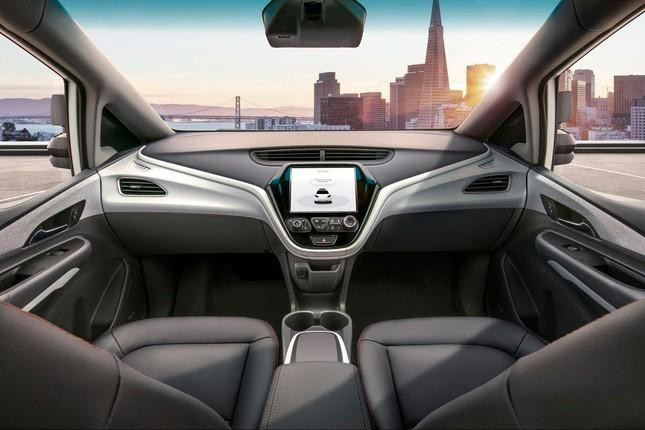American automakers speed up the introduction of steering-wheel-less cars.
The two largest car brands in the land of the stars and stripes are waiting for the country's traffic safety management agency to grant permission to realize their ambitions for future car models.
General Motors and Ford Motor have asked U.S. auto safety regulators for a waiver to deploy a limited number of self-driving vehicles without human controls such as steering wheels and brake pedals.
The National Highway Traffic Safety Administration (NHTSA) on Wednesday released separate recommendations and asked for public comment for 30 days.
 |
Self-driving car from General Motors. |
NHTSA has the authority to issue proposals that would allow limited vehicles to operate on the road without human control. Both automakers want to deploy up to 2,500 of the vehicles a year, the maximum allowed by law, for ride-sharing and delivery services. They have also not mentioned selling these vehicles to consumers in commercial versions.
GM and its self-driving technology unit Cruise revealed in February that they had petitioned NHTSA to allow the deployment of self-driving vehicles without steering wheels, mirrors, turn signals or windshield wipers.
Ford's petition was filed in July 2021 but was not disclosed until NHTSA announced it Wednesday.
Ford said it intends to deploy self-driving ride-hailing services and package delivery vehicles early this decade. The automaker told NHTSA that its self-driving vehicles “have active driving controls and communications systems that would present an unacceptable risk to safety.”
GM wants to roll out the Origin, a vehicle with subway-like doors and no steering wheel. GM says the vehicles will require all passengers to buckle up before starting a self-driving ride.
 |
In 2018, GM petitioned NHTSA to allow a Chevrolet Bolt-based vehicle without a steering wheel or brake pedal to test on public roads. GM withdrew the request in late 2020. GM said Wednesday it is continuing to work with NHTSA and still expects to see the fully autonomous Cruise Origin on the road in the coming years.
Ford wants to deploy self-driving hybrid electric vehicles "specifically designed and tuned to support mobility services like ride-sharing, ride-hailing and package delivery."

